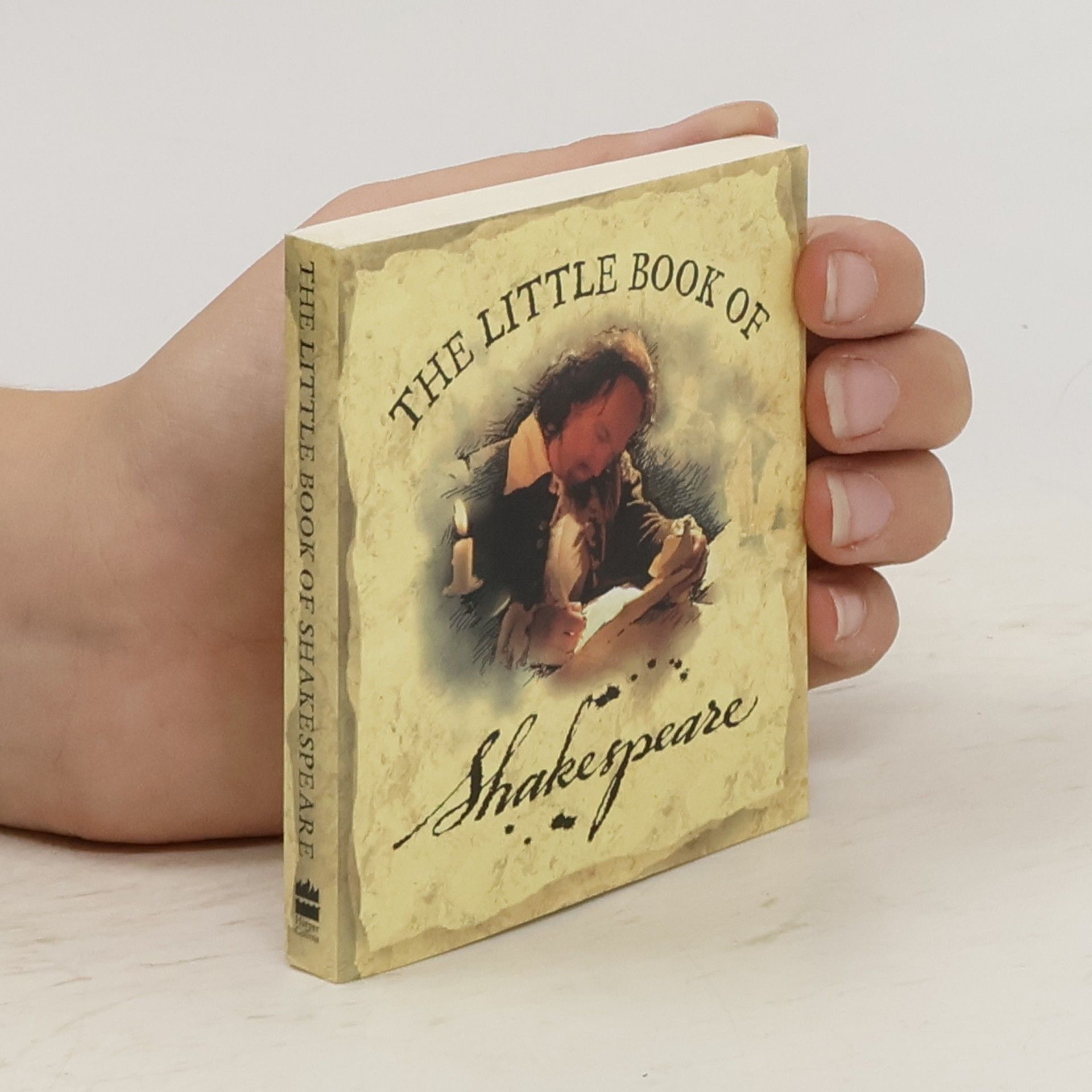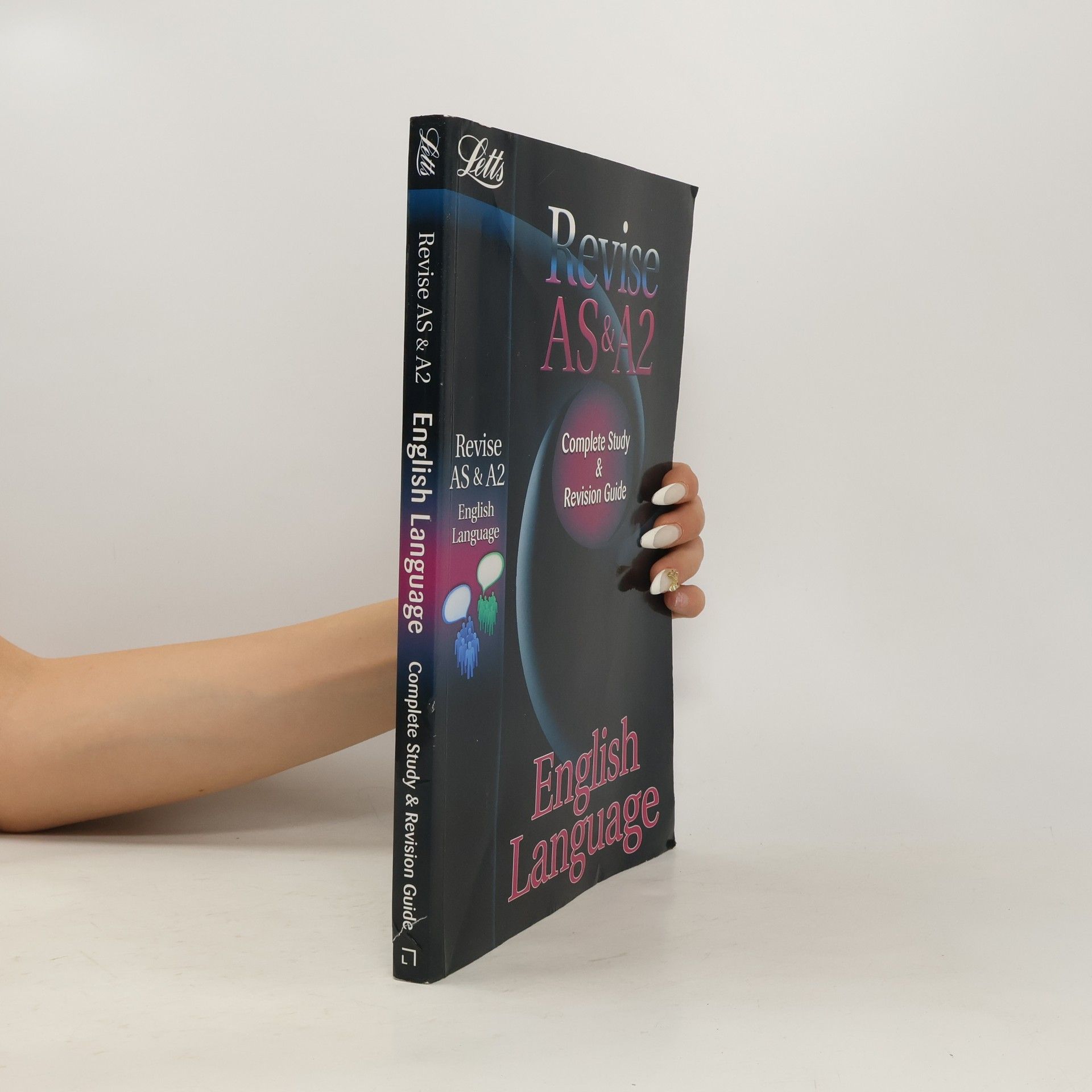Revise AS and A2
Complete Study and Revision Guide
Revise for AS & A2 English Language with confidence! Providing complete study support throughout the two A Level years, this English Language study guide matches the curriculum content and provides in-depth course coverage, plus invaluable advice on how to get the best results in the exams. Providing plenty of exam practice and frequent progress checks and questions to consolidate learning, this AS & A2 English Language study guide contains invaluable advice and preparation for the exam. Modern texts and language are analysed and discussed to encourage further thought and understanding and there is a variety of source material from a variety of different media. Included in this book: * examiner's tips that reveal how to achieve higher marks * information presented in a clear and easy-to-use format * exam board labels that allow students to identify content relevant to their course * highlighted key points and examiner's hints to offer guidance * progress check questions to test recall and understanding * sample questions and model answers that reveal what examiners are looking for * exam-style questions and answers that provide crucial exam practice


